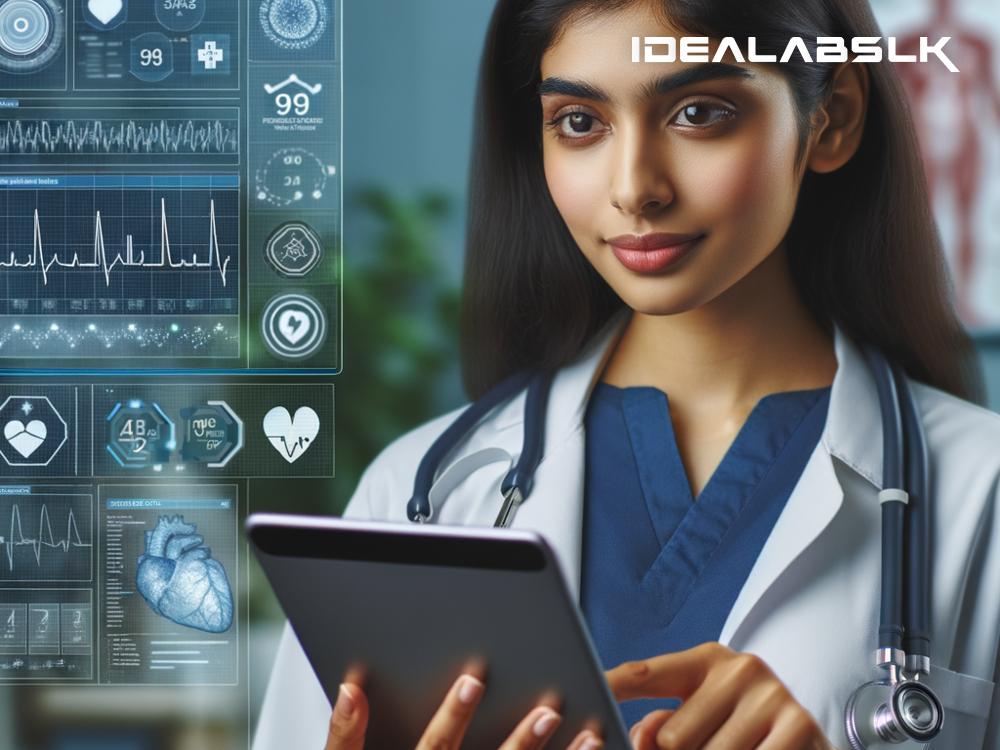Title: How Technology is Assisting in the Early Detection of Diseases: From AI to Wearables
It seems like every day, technology finds new ways to make our lives easier – from the way we communicate and work to how we enjoy our leisure time. But perhaps one of the most incredible advancements is how technology is helping in the fight against diseases, particularly in their early detection. This is crucial because catching a disease early can often make a huge difference in the treatment outcome. Let's dive into how innovations like Artificial Intelligence (AI) and wearable gadgets are changing the game.
Understanding AI and Its Role in Disease Detection
Imagine if a computer could learn and think almost like a human. That's sort of what AI does. It's like giving a computer a brain that can analyze, learn, and make decisions. In healthcare, AI is being used to recognize patterns and abnormalities in medical data that even the most skilled humans might not notice. This can include analyzing scans and test results to detect signs of diseases like cancer, heart conditions, and more at a stage when they're often more treatable.
One exciting development is in the field of radiology, where AI algorithms can scrutinize X-rays, MRIs, and CT scans. They're able to alert doctors to potential issues much quicker and sometimes even more accurately than the human eye. For instance, AI has been a game-changer in spotting early signs of lung cancer in chest X-rays, a disease where early detection can significantly improve survival rates.
The Power of Wearables in Monitoring Health
Now, let's switch gears and talk about something you're probably familiar with – wearable technology. Think of gadgets like smartwatches and fitness trackers. These aren't just for counting your steps or seeing how well you sleep anymore. They've become powerful tools for early disease detection.
Wearable gadgets can monitor a wide range of health metrics in real-time, such as heart rate, blood pressure, and even blood oxygen levels. This constant monitoring can catch early signs of health issues like heart disease or diabetes before they become bigger problems. For example, abnormalities in heart rate patterns detected by a smartwatch could prompt someone to seek medical advice early on.
Some wearables go even further. There are devices designed to monitor glucose levels for diabetes management without needing to prick your finger multiple times a day. This not only makes managing a condition like diabetes easier but can also detect spikes or drops in glucose levels that might suggest a need for treatment adjustments.
The Combined Strength of AI and Wearables
What's truly exciting is when AI and wearable technology work together. AI can analyze the vast amounts of data collected by wearables, spotting trends and patterns that might indicate the onset of a disease. This combination means individuals can receive personalized health advice based on their own data, leading to early interventions that can prevent or mitigate diseases.
The Future Is Here
The fusion of technology and healthcare is still in its early stages, but it's moving fast. Researchers are constantly finding new ways for AI and wearable devices to not only detect diseases earlier but also to predict potential health issues before they arise. This could lead to a future where preventative healthcare is personalized, more effective, and more accessible than ever before.
Your Role in This Technological Health Revolution
As these technologies continue to develop, there's something important for all of us to remember. While they offer incredible benefits, they're tools to aid our health – not replace the advice of medical professionals. Always consult a healthcare provider to interpret data from AI or wearable devices accurately.
In conclusion, the advancement of technology in the early detection of diseases is both fascinating and hopeful. From AI's ability to decipher complex medical data to the real-time health monitoring offered by wearables, we're on the brink of a healthcare revolution. These tools are making it easier to catch diseases at their onset, offering a brighter, healthier future for all. By staying informed and embracing these technological strides, we can all play a part in this transformative journey towards better health.

